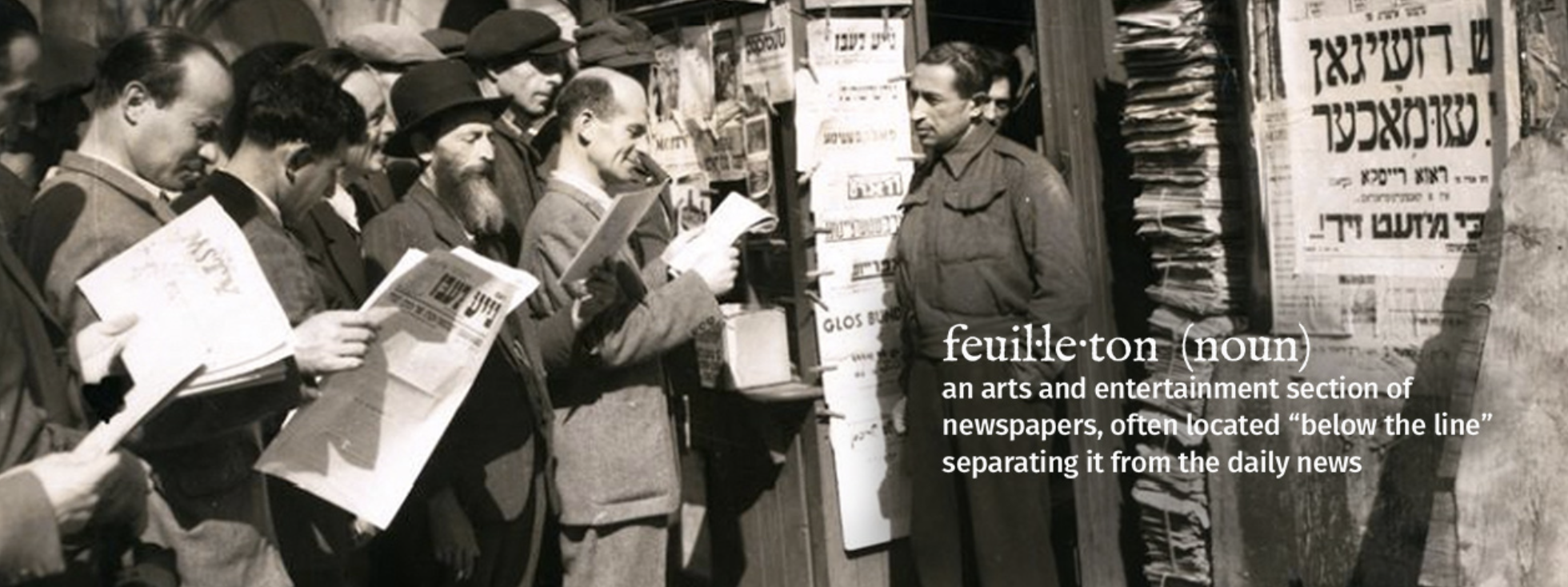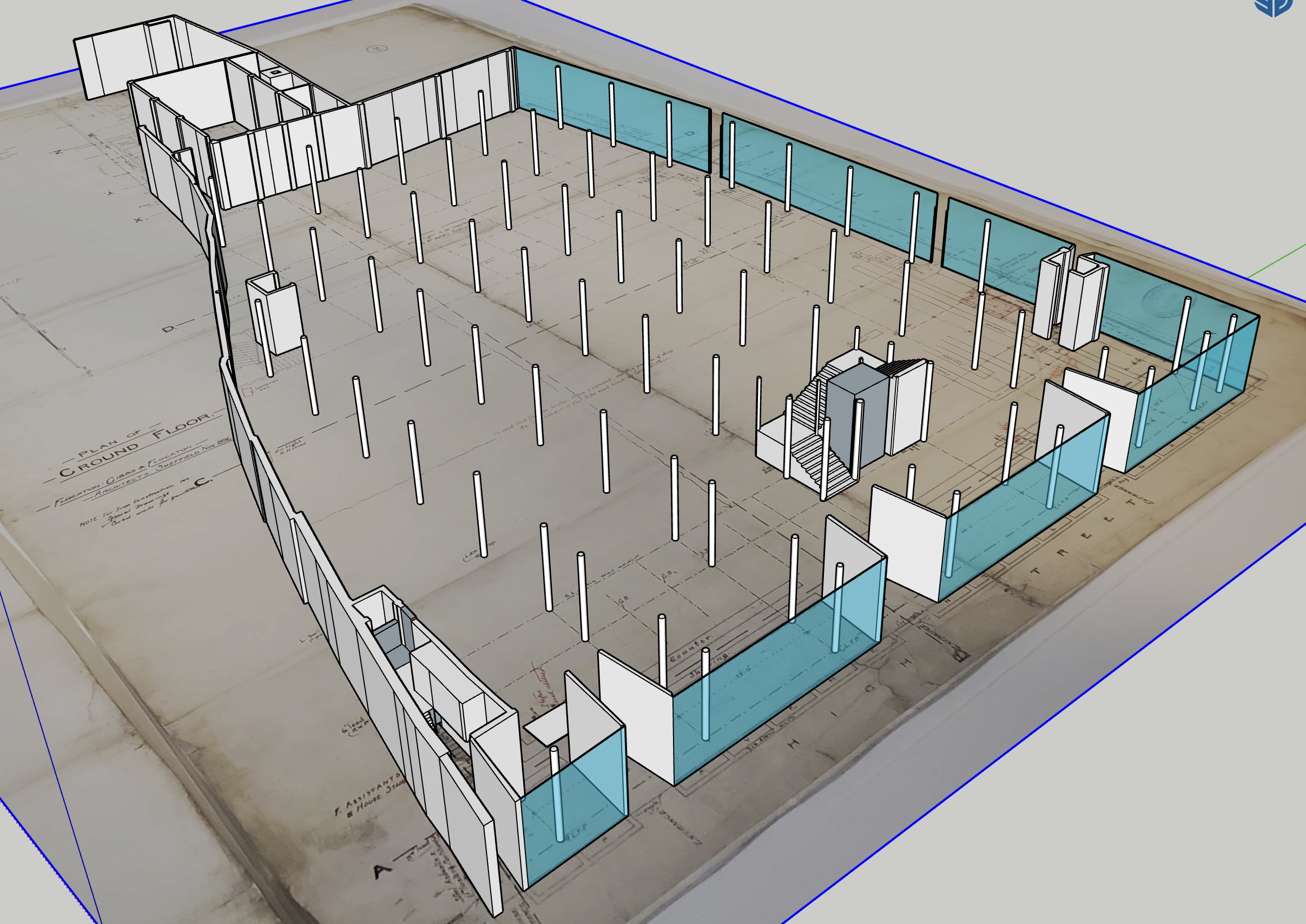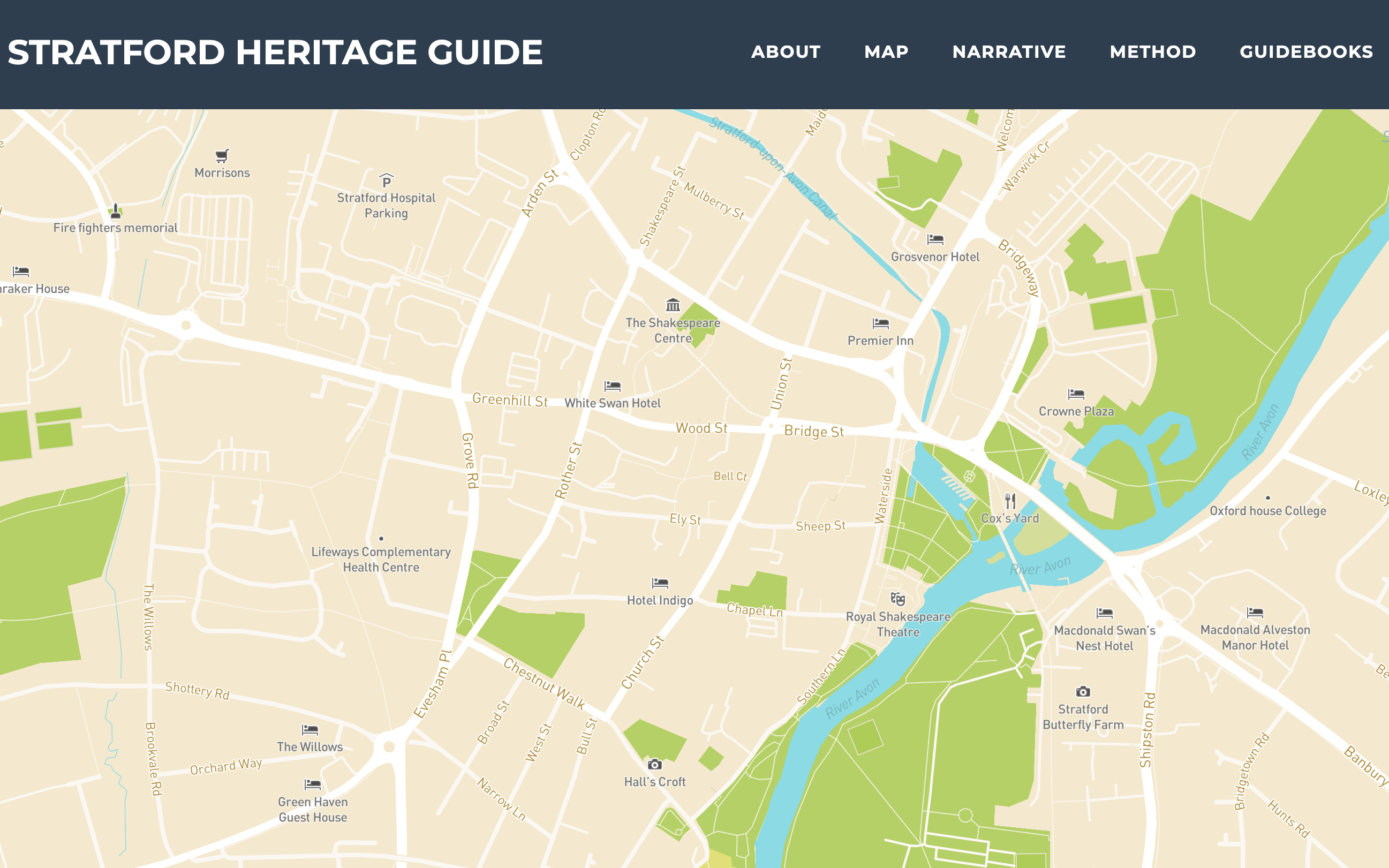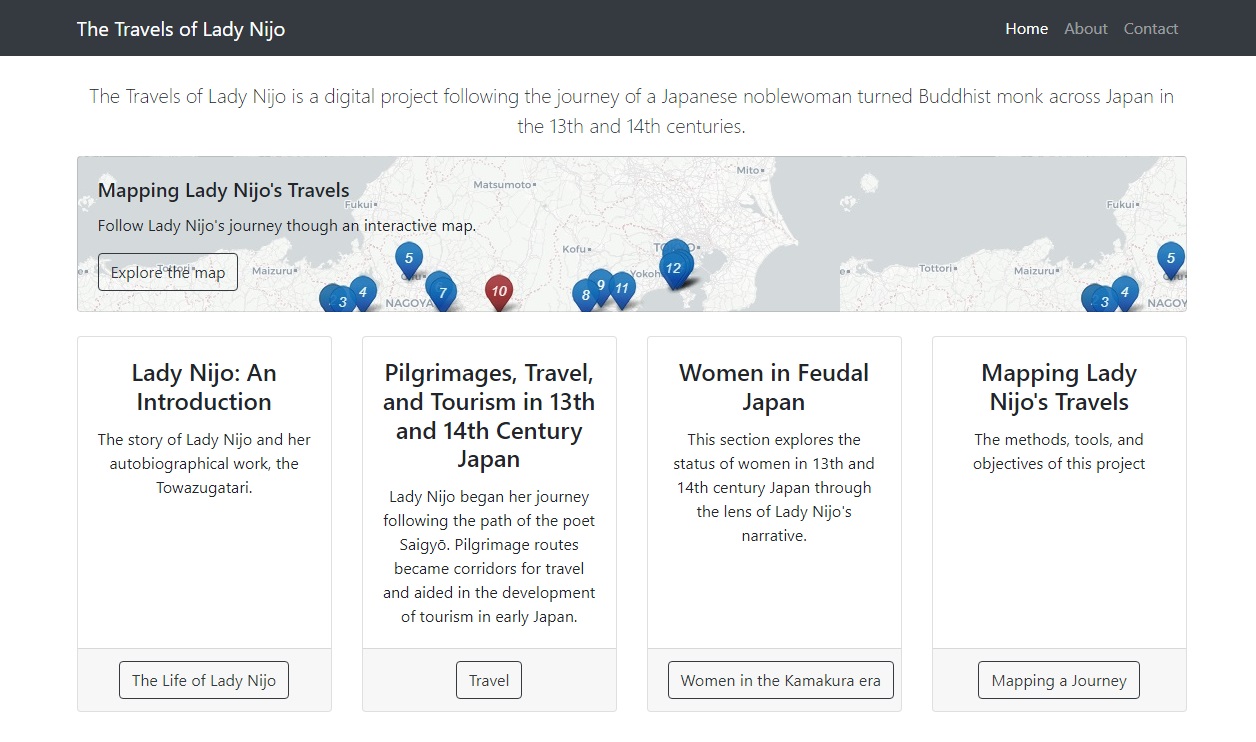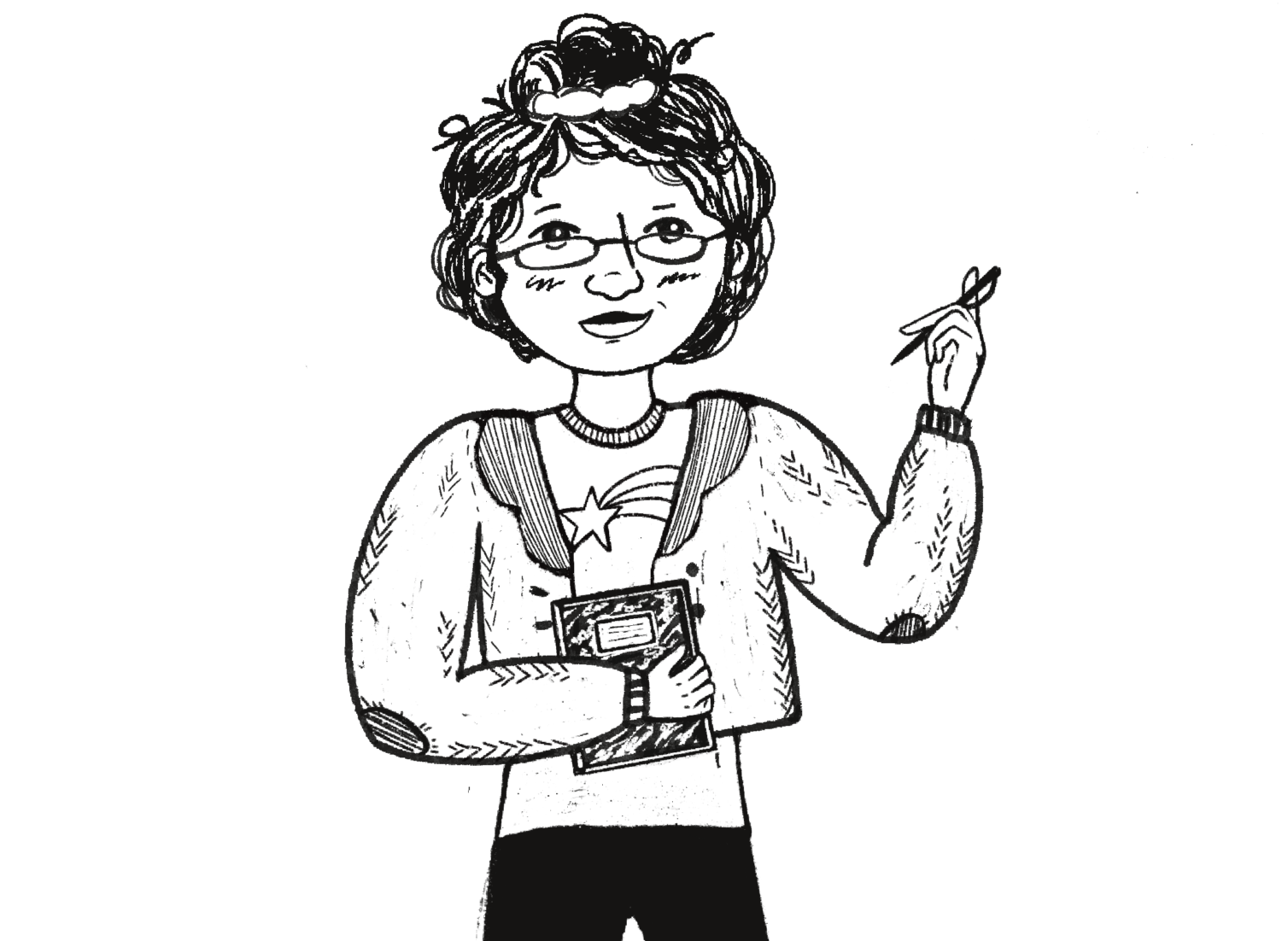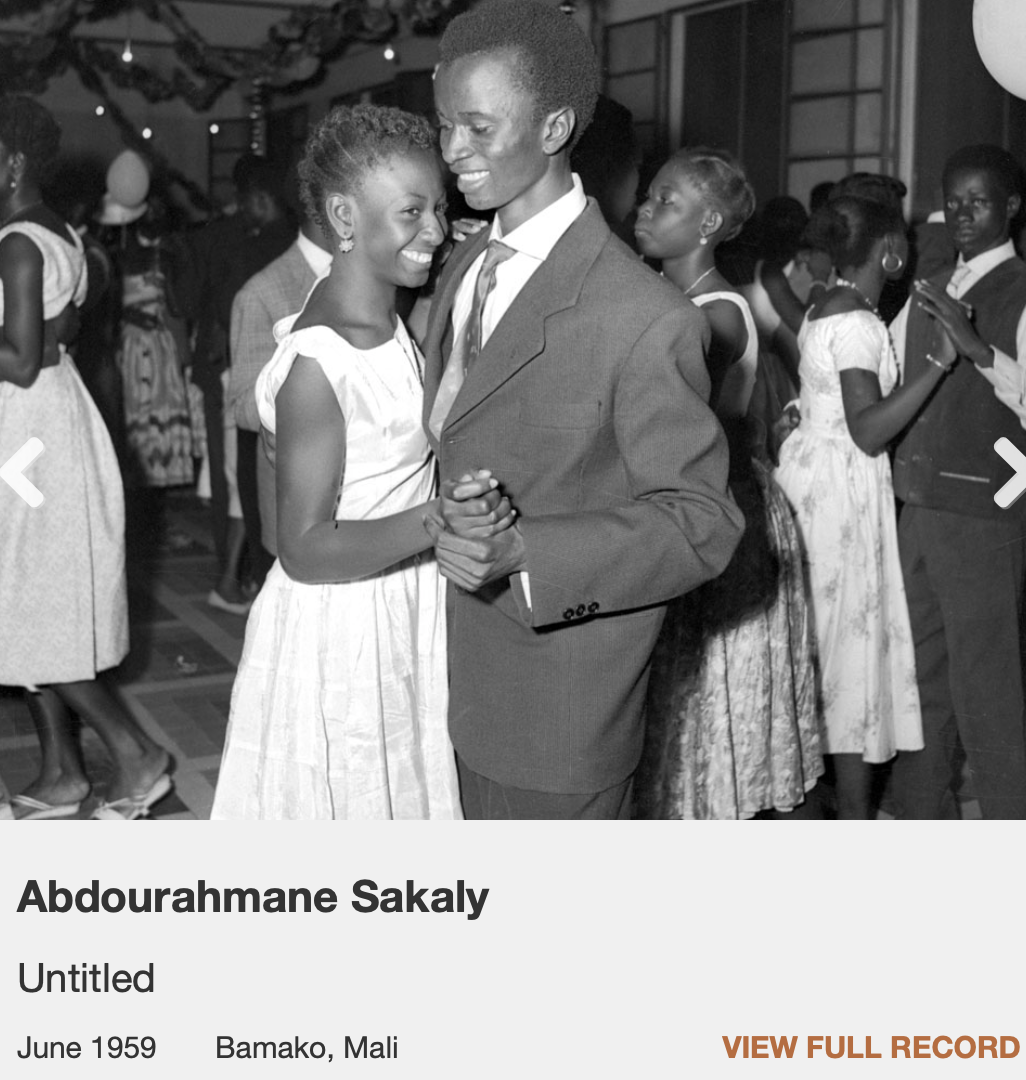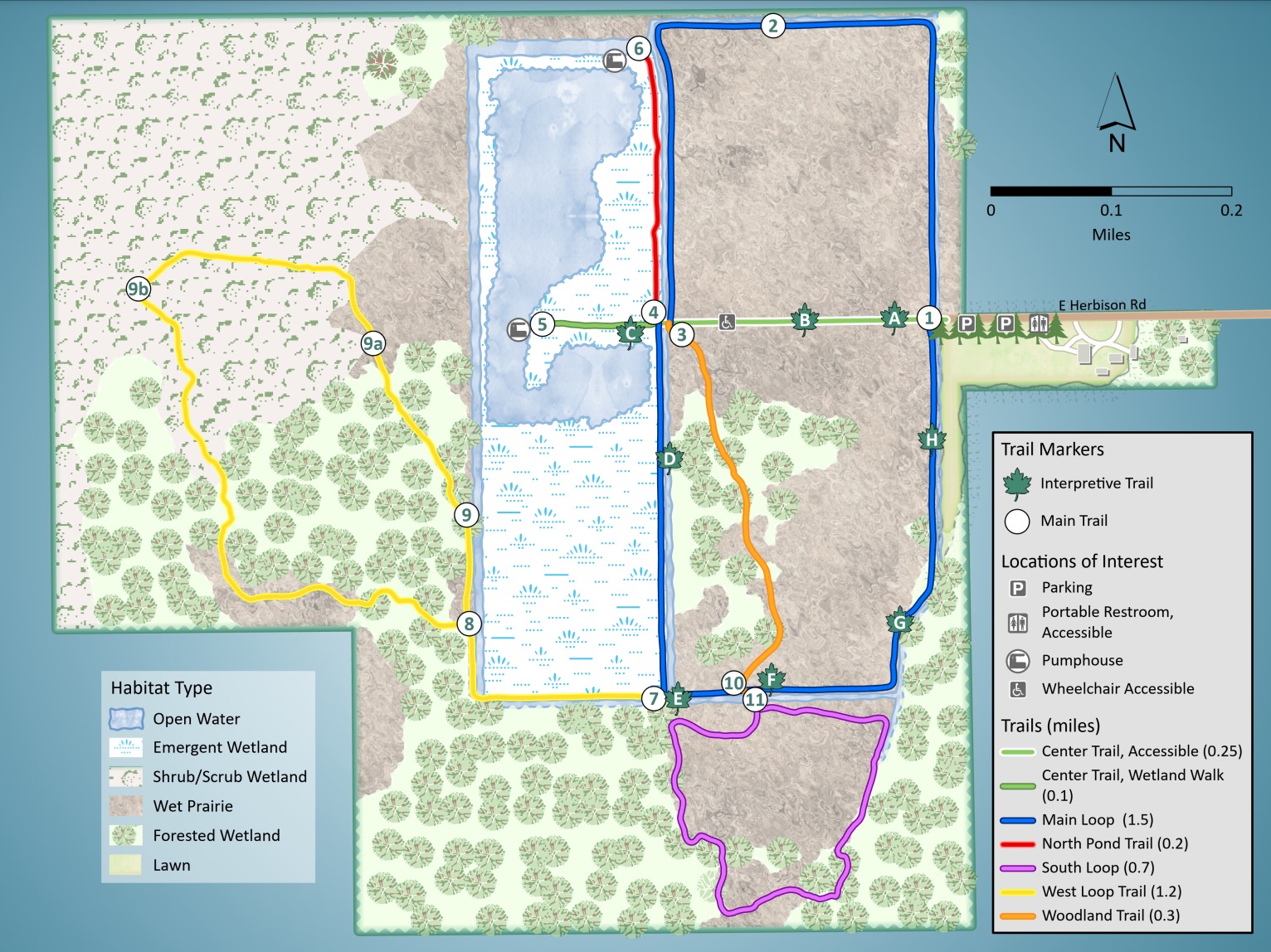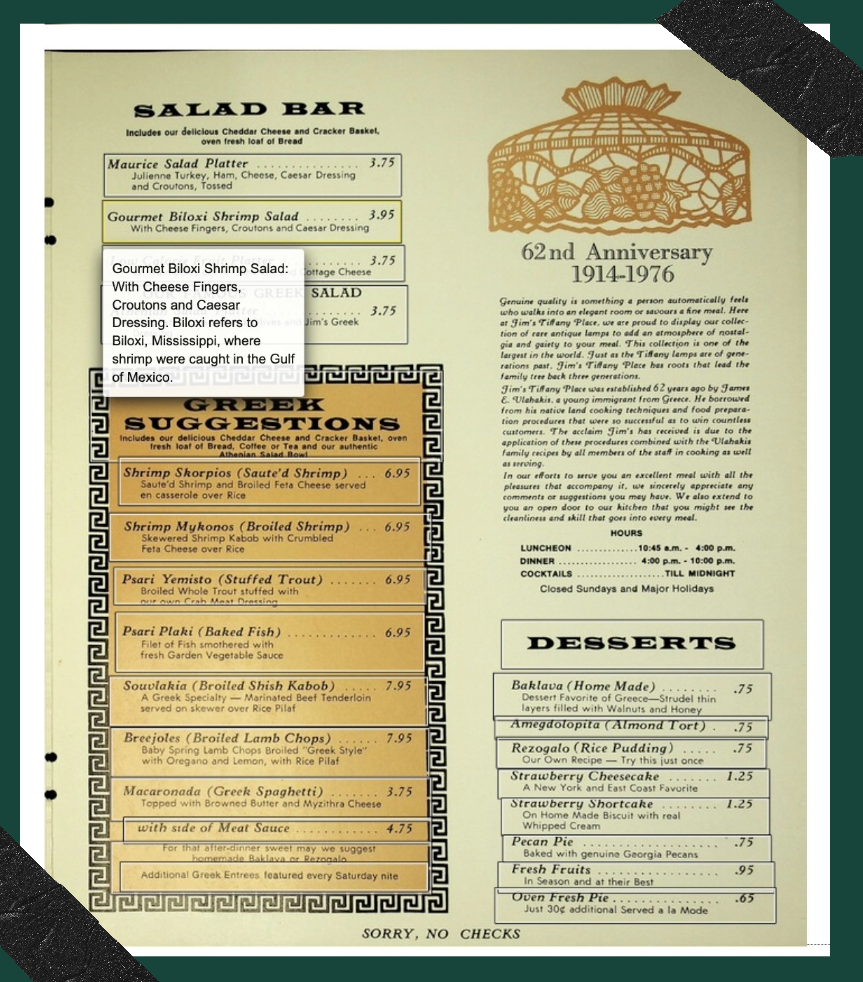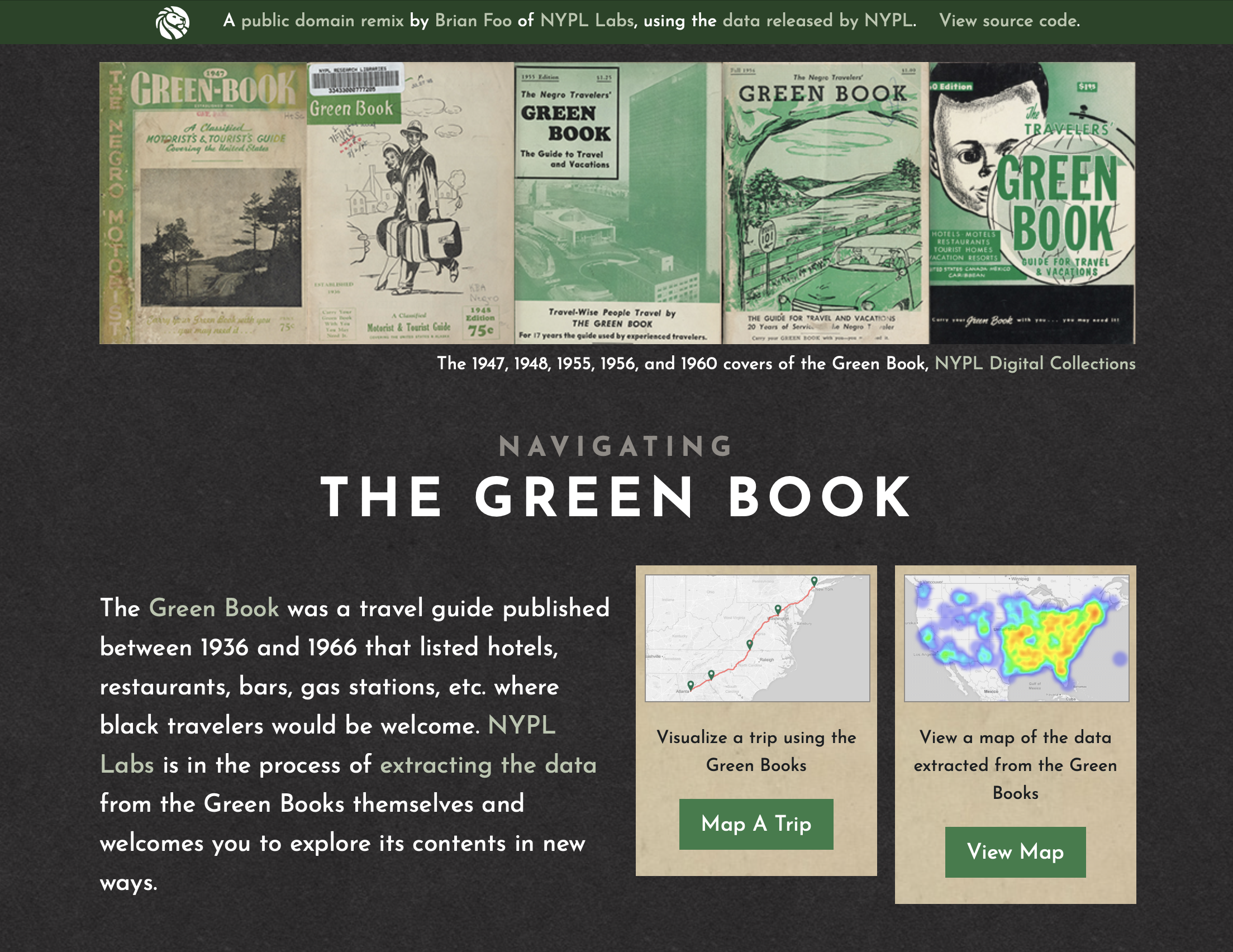What does Digital Humanities work look like at MSU?
Digital Humanities takes many forms and operates in various places around MSU’s campus. DH@MSU supports this work by providing funding for projects and professional development, offering consultations, and creating opportunities to share with the community. We take pride in the diversity and interdisciplinarity of the DH@MSU community and invite you to learn more about its work.
Where can I get help with Digital Humanities work?
We are here to answer your questions about Digital Humanities and how it intersects with your work. Whether for a one-on-one discussion about a project idea, collaborative technical troubleshooting, or planning a class visit, we are excited to further your engagement and success in digital humanities. In addition to the people below, there are experts available through the Digital Scholarship Lab on campus.
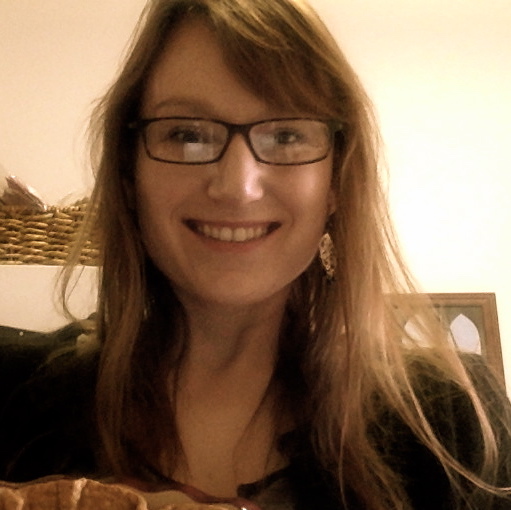
Associate Director of Digital Humanities
Book an appointment directly
Email: kmapes [at] msu [.] edu
Available to discuss project management, teaching in/with DH, computational image analysis, working with basic network and text analysis tools, grant development, digital preservation, and introductory mapping technologies. Also available to strategize website development for individuals and projects.
How can I get training?
There are many strategies for learning and experimenting with new methods and tools in digital humanities. Below are a few tutorials and workshop materials from the DH@MSU community and beyond.
- Project Incubator Program through the MSU Digital Scholarship Lab
- Tutorials and workshop slides from DH@MSU community members
- Simple Strategies for Adding DH into Your Pedagogy (Voyant and Timeline JS slides) [2020]
- Project Management and Collaboration (Project management slides and resources) [2020]
- Exploring Data Visualization Options with Flourish (Flourish slides and resources) [2020]
- Navigating the Mapping Landscape (Mapping slides and resources) [2020]
- Visualizing Maps and Networks with Vistorian (Vistorian slides and sample data) [2019]
- Chronicling America (Chronicling America tutorial) [2018]
- Introduction to Data Visualization and Tableau (Tableau workshop slides) [2018]
- Introduction to Game Making with Twine (Twine workshop slides) [2018]
- Getting Started with Content Management Systems and Web Publishing (CMS workshop slides) [2017]
- Podcasting for Academics (Podcasting workhsop slides) [2017]
- Introduction to Audio Analysis (Audio Analysis workshop slides) [2017]
- Github and Git for Humanists (Github workshop slides) [2016]
- Visualizing your data on the web using D3.js (D3 JS tutorial) [2015]
- Text Analysis with Python (Python reference guide) [2015]
- Getting Started with OpenRefine (OpenRefine Tutorial)[2015]
- Introduction to Network Analysis (Gephi Tutorial) [2014]
- Reading from a Distance: Introduction to Text Analysis (Text Analysis workshop slides) [2014]
- Twine Library Resource Guide
- ESRI StoryMaps Library Resource Guide
- Tutorials from outside MSU
- Programming Historian
- Digital Humanities Research Institute curriculum (including: Intro to Text Analysis with Python and NLTK, Data Literacies, Intro to HTML and CSS, Intro to the Command Line, Intro to Python, Intro to Mapping, among others)
- Training opportunities outside MSU (financial support available)
- DHSI at Guelph (Guelph, Ontario)
- HILT – Humanities Intensive Learning and Teaching (location varies)
- DREAM – Digital Resources & Methods (Philadelphia, PA)
- DHSI – Digital Humanities Summer Institute (Victoria, British Columbia)
- SEI – Summer Educational Institute for Digital Stewardship of Visual Information (location varies)
- Digital Pedagogy Lab (Denver, CO – online in 2022)
- ESU – European Summer University in DH (Leipzig)
- Public Digital Humanities Institute (Lawrence, KS)
- ILiADS – Institute for Liberal Arts Digital Scholarship (location varies)
MSU Digital Humanities Projects & Research
-
Research Highlight: Matt Handelman-Below the Line
“Below the Line” (https://www.feuilletonproject.org/) provides open-access resources for those interested in learning more about the feuilleton—an arts and culture section of European newspapers popular before the Second World War—and its importance in the formation of modern Jewish cultures. The project aims to foster conversation about and research into the feuilleton as a historical forum that…
-
Research Highlight: Marissa Knaak-Rebuilding Departments Stores in SketchUP.
This project is a 3D model, built in SketchUp, of the 1899 John Walsh department store in Sheffield, UK. Drawn from the architectural plans of Flockton, Gibbs & Flockton, accessed at the Sheffield Archives, I am attempting to create a general recreation of the building which was destroyed in 1940. This project is part of…
-
Research Highlight: Adventurers, Friends, and Witnesses by Crystal VanKooten
Inspired by the stories of her extended family in Anchorage, Alaska, Crystal VanKooten at Michigan State University, documented the lives of three Alaskan nurses; Jacqueline Greenman, Anna Belle Engbers, and Marjorie VanKooten. These were American women of Dutch descent who lived in Alaska and worked at the Alaska Native Medical Center. In this website you…
